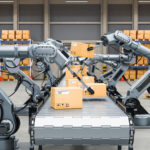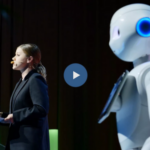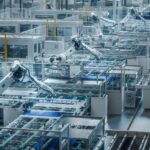Print The holiday season is the busiest time of the year for online shopping. On Cyber Monday and Black Friday this year, Amazon sold more than one billion items, and Black Friday shopping sales totaled $9.8 billion . A typical Amazon Hub facility in Port Wentworth, Georgia processed more than 90,000 packages during the busy buying weekend, up from the typical 50,000 packages.
During the holiday season, Amazon (and all big retailers) ramp up hiring, but Amazon has been hit with complaints and lawsuits about unsafe working conditions. State labor regulators have fined Amazon for a workplace that exposes employees […]
Full Post at www.aier.org








